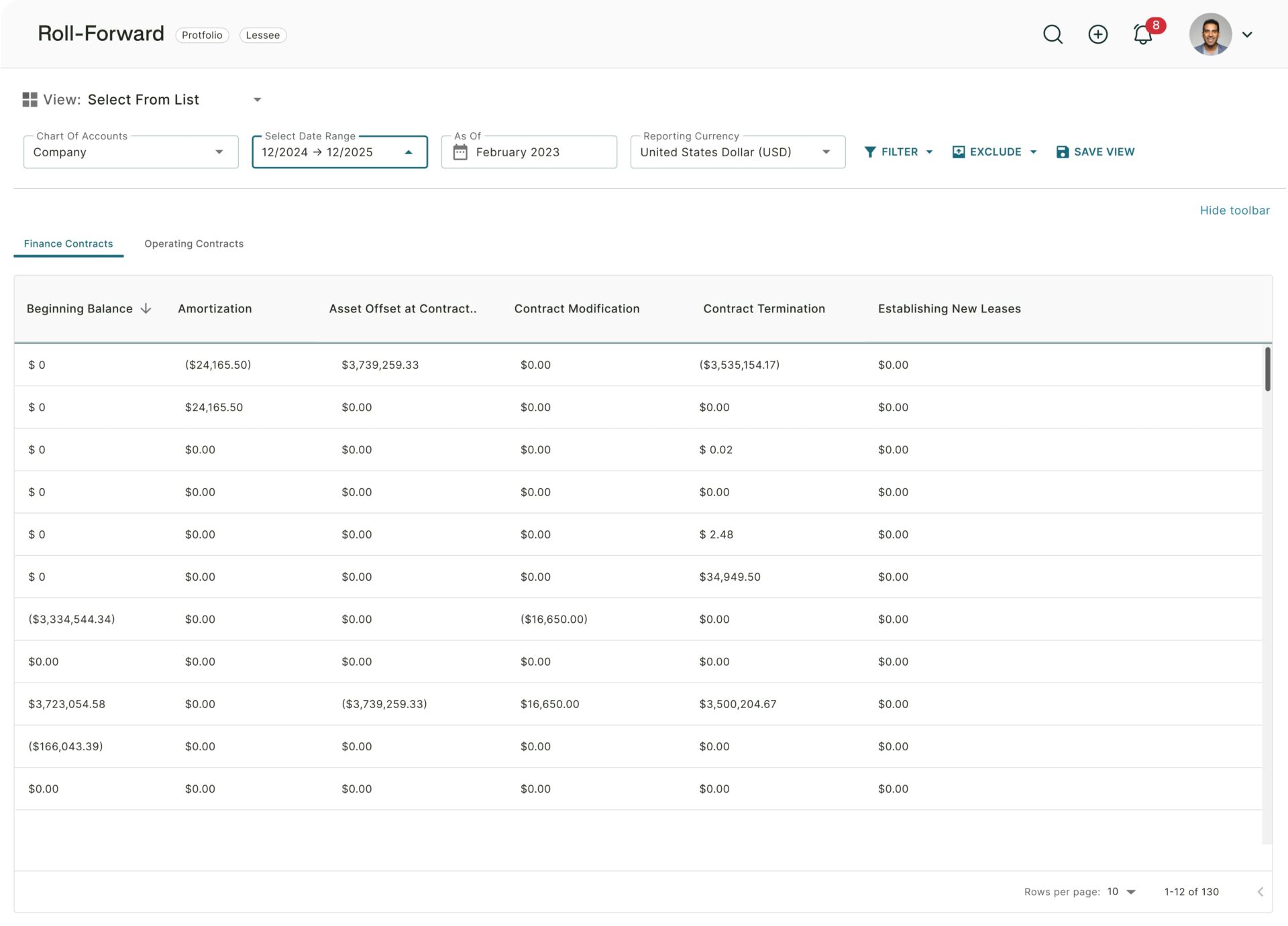As a finance leader, building and managing a high-performing finance team is critical to your organization’s success. It’s also central to the success of your own career – having a high-performing team can free you up for more strategic and high-impact projects, as well as minimize risks inherent in the finance function.
We’ll look at the key elements of a high-performing finance team, practical advice for finance leaders looking to build and develop such a team, strategies for recruiting and retaining top talent, creating a culture of continuous learning and improvement, and how to leverage technology to enhance team efficiency.
Key Elements of a High-Performing Finance Team
To build a high-performing finance team, you need to focus on four key elements:
- Technical skills: Modern finance professionals must have strong technical skills, in addition to knowledge of accounting principles, financial analysis, and data analytics. Increasingly, finance team members might be required to possess developer-related skills to help them fine-tune reporting systems and customize Business Intelligence (BI) environments.
- Soft skills: Effective communication, collaboration, and leadership are crucial soft skills for finance professionals. They need to be able to work cross-functionally with different departments, build relationships with stakeholders, and present complex financial information in a clear and concise manner.
- Strategic mindset: Individuals within the team should have a strategic mindset and be able to align financial goals with business objectives. They must be able to identify and analyze trends, risks, and opportunities to drive business growth.|
- Continuous improvement: A high-performing finance team should be committed to continuous learning and improvement. They should stay up-to-date with the latest trends and technologies in the finance industry and be open to feedback and suggestions for improvement. They should also be offered the opportunity to train around new business-relevant products and workflows, and in turn bring that know-how into, and across the team.
As a finance leader, it is up to you to facilitate and encourage these four key elements. Which leads us to the more practical side of deploying high-performing finance teams.
Practical Advice for Finance Leaders
As a finance leader, your team will be looking to you to set a personal example, and to clearly delineate the behaviors and working culture that you seek to encourage. To achieve this, you could:
- Define clear goals and expectations: Clearly define the goals and expectations for your finance team, including their roles and responsibilities, performance metrics, and targets. This will help your team stay focused and motivated toward achieving common goals.
- Provide ongoing training and development: Invest in your team’s professional development through training, mentoring, and coaching programs. This will help them stay updated with the latest trends and technologies in the finance industry, and improve their skills and knowledge (you can start by introducing them to Trullion’s Resource Center).
- Foster a collaborative and inclusive culture: Encourage open communication, collaboration, and teamwork within your finance team and with other departments. This is likely to promote a positive work environment and enhance productivity and creativity.
- Recognize and reward top performers: Recognize and reward top performers to incentivize high performance and encourage continuous improvement. This can include bonuses, promotions, or other forms of recognition.
To have top talent performing at its best, you need of course to recruit and retain this talent.
Strategies for Recruiting and Retaining Top Finance Talent
Attracting and retaining top talent is key to building a high-performing finance team. Here are some strategies to consider:
1. Create a strong employer brand
Build a strong employer brand that showcases your organization’s values, culture, and career opportunities. In the “War for Talent,” these elements can truly set you apart.
2. Offer competitive compensation and benefits
Provide competitive compensation and benefits packages. This can include bonuses, stock options, and flexible work arrangements. Work closely with your Human Resource professionals to gauge the market-appropriate standards.
3. Use targeted recruitment strategies
Targeted recruitment strategies can include such things as employee referrals, job fairs, and social media campaigns. This will also help you identify candidates who are a good fit for your organization, at the same time as helping to keep your recruitment budget under control.
4. Prioritize employee engagement and retention
It’s one thing to attract top talent, and another to retain this talent. Prioritize employee engagement and retention by creating a positive work environment, offering ongoing development opportunities, and providing career growth opportunities.
But perhaps the most important way to attract and retain top finance talent is to lead with your vision and encourage potential candidates to join you in your mission to achieve something great.
Creating a Culture of Continuous Learning and Improvement
A high-performing finance team doesn’t just “happen.” You need to create a culture of continuous learning and improvement. Here are some strategies to consider:
- Encourage learning and development: Encourage your team to participate in training programs, attend conferences, and take on new challenges. This will help them develop new skills and stay up-to-date with the latest trends and technologies. You should also allow your team members to take initiative, learn from mistakes, and not be afraid to try again (within reason, of course).
- Provide feedback and recognition: Provide regular feedback and recognition to your team members to help them identify areas for improvement and celebrate their successes. This will promote a culture of continuous learning and improvement. Without feedback, team members cannot know how well they’re doing, and which areas they should be looking to improve upon.
- Foster a growth mindset: Encourage a growth mindset among your team members, where they are open to new ideas, feedback, and challenges. This will help them embrace change and innovation and drive continuous improvement.
- Lead by example: Lead by example and demonstrate a commitment to continuous learning and improvement yourself. This will inspire your team members to do the same and create a culture of excellence.
Leveraging Technology to Enhance Team Efficiency
In today’s digital age, leveraging technology can help finance teams work more efficiently and effectively. Indeed, technology is moving from “nice to have” to be a critical, irreplaceable part of the finance process, particularly given recent strides made in the realm of AI.
Among many other things, technology can be leveraged to:
- Automate workflows
- Analyze large data sets
- Uncover opportunities and red flags
- Suggest potential courses of action
- Support decision-making
- Increase accuracy and compliance
Bring Your Company “Into the Game” with Technology
Building a high-performing finance team requires a considered approach, careful planning, the use of advanced technology, setting a personal example, and inspiring your team continuously.
With a high-performing finance team, your organization can stay competitive and succeed in today’s ever-evolving business environment.










